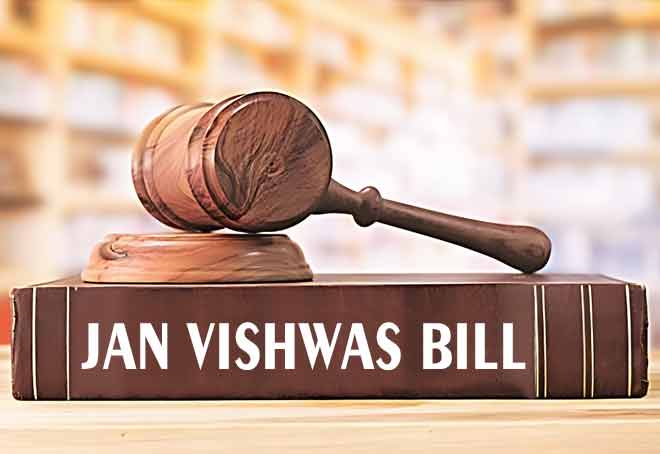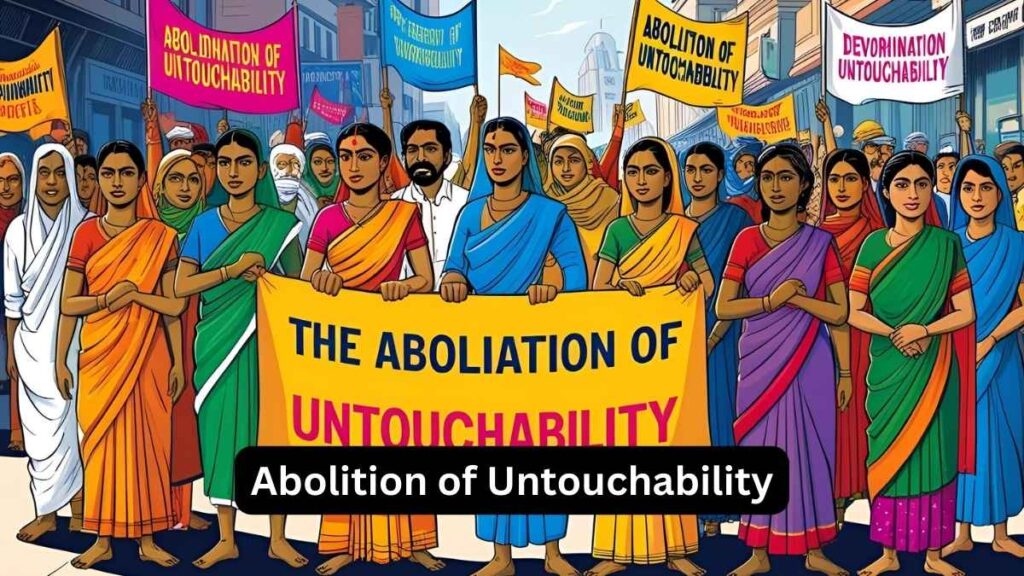Threat to democracy from Army and Religion
Context:
The threat to democracy in the Indian subcontinent is often perceived as stemming from Islam; however, a deeper analysis reveals that the real challenge is a complex mix of religion and military rule.

About complex mix of Religion and military rule:
Fragility of Democracy in the Subcontinent
- Democracy in Pakistan, Bangladesh, and Myanmar has historically been fragile, but attributing this solely to Islam oversimplifies the issue. Other countries with significant Muslim populations, such as Indonesia and Turkey, maintain functioning, albeit imperfect, democracies.
- Countries where Religion and Democracy coexist :Countries like Indonesia, Turkey, and Sri Lanka demonstrate that democracy can coexist with both Islam and Buddhism.
Military and Religion: A Dangerous Mix
- The primary threat to democracy in these nations stems from the combination of military dominance and the intertwining of religion with national identity.
- In Pakistan and Bangladesh, Islamic influence coexists with military power, while in Myanmar, Buddhism is closely tied to national identity.
Democracy and its core principles
Democracy is popular sovereignty – in Abraham Lincoln’s words, ‘government of the people, by the people, for the people’. At its heart is the concept of the population choosing a government through regular, free, and fair elections.
Core Principles
Popular Sovereignty, Universal Adult Suffrage, Rule of Law, Separation of Powers, Independent Judiciary, Free and Fair Elections, Multi-Party System, Secularism, Free Press, Independent Civil Society.
Reasons why Religion-Military pose a threat to democracy:
Concentration of Power:
- Pakistan: General Zia-ul-Haq used Islamic law (Sharia) to legitimise military rule, aligning with religious conservatives to maintain power.
- Iran: The Revolutionary Guard, combining military and religious power, controls politics, sidelining democratic institutions.
Undermining Civilian Rule:
- Myanmar: The military justifies its coups, including the 2021 overthrow of Aung San Suu Kyi’s government, as protecting national unity and Buddhism.
- Egypt: In 2013, the military ousted Mohamed Morsi’s elected government, with support from certain Islamic clerics who opposed his Islamist leanings.
- Suppression of Dissent:Saudi Arabia: The monarchy, supported by Wahhabi clerics, suppresses opposition under strict religious laws.
Weakening Democratic Institutions:
- Pakistan: Under General Musharraf, the judiciary was undermined, including the dismissal of a critical chief justice.
- Iran: The Guardian Council, led by religious authorities, has veto power over democratic reforms and candidates.
- Monopoly on Coercive Force (Military):Example In Pakistan, the military justified the 1999 coup by claiming it was necessary to restore order amid political instability.
- Moral Authority (Religion)Example: In Iran, the Supreme Leader’s authority overrides democratic processes, ensuring religious dominance over governance.
- National Identity and Legitimacy
- Defenders of National Unity Example: In Turkey, the military historically viewed itself as the guardian of secular nationalism, while President Erdoğan has shifted to emphasise Islamic identity as central to national unity.
- Control Over Key Institutions
- Influence over Judiciary and Media Example: In Saudi Arabia, the religious police enforce moral codes outside civil law, exerting control over daily life.
- Parallel Structures: Religious institutions may operate parallel structures that bypass democratic institutions.
Consequences of Army and Faith subversion for Democratic Institutions:
Erosion of Civil Liberties
-
-
- Suppression of Dissent
- Increased Surveillance
-
Impairment of Political Pluralism
-
-
- Marginalisation of Opposition
- Monopolization of Power
-
Public Trust and Legitimacy
-
-
- Loss of Confidence in Institutions
- Disillusionment with Democracy
-
Threat to Secularism
-
-
- Blurring of State and Religion
- Religious Justification for Military Action
-
Increased Violence and Instability
-
-
- Militarization of Society
- Civil-Military Relations
-
Strategies for Safeguarding Democracy from Army and Faith subversion:
Strengthening Civil Institutions
- Empower Independent Judiciary
- Support for Civil Society
Promoting Secular Governance
- Enshrine Secular Principles in Law
- Inclusive Policy-Making
Enhancing Political Pluralism
- Encourage Diverse Political Participation
- Electoral Reforms
Fostering Public Awareness and Engagement
- Civic Education
- Encouraging Public Discourse
Strengthening Accountability Mechanisms
- Oversight of Military and Religious Institutions
- Whistleblower Protections
International Support for Democratic Movements
- Diplomatic Pressure and Sanctions
- Assistance for Democratic Initiatives
Protection of the Indian Constitution from Military Subversion:
- Supreme Command of the Armed Forces (Article 53): The President of India, a civilian head of state, is the supreme commander of the defence forces. This ensures that the military remains under civilian control.
- Article 34 – Restriction of Fundamental Rights during Martial Law: While the Constitution allows the imposition of martial law in extreme circumstances, it requires parliamentary oversight and safeguards to ensure that such laws do not become a permanent form of military rule.
- Parliamentary Oversight over the defence budget.
Conclusion:
Ultimately, it’s not religion but the sanctification of the military as the protector of national ideology—whether Islamic, Buddhist, or otherwise—that undermines democracy. The interplay between religion and military power is what creates the most significant barriers to democratic resilience in countries like Pakistan, Bangladesh, and Myanmar.


